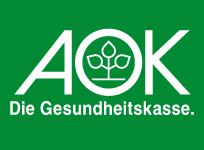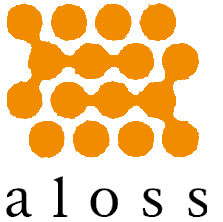News
Rebalance the EU pharmaceutical legislation for the sake of patients! |
28-02-2024 |
Yannis Natsis
Discussions on protection periods need to sober up. These are privileges granted to the manufacturers by the European legislators and they come at a significant cost for patients and the public budgets.
By Yannis Natsis, Director, European Social Insurance Platform (ESIP) – 28 February 2024
The ongoing negotiations on the revision of the EU pharmaceutical legislation offer a great opportunity to rebalance pharmaceutical systems in Europe and ensure equitable access to better and affordable medicines for all Europeans. One of the key topics on the table is the length of exclusivity periods to incentivise the research and development of new products. Let us be clear that these protection periods are not companies’ rights, but privileges granted to the manufacturers by the European legislators, and they come at a significant cost for public budgets. Every extra month of protection granted on paper to the companies has the potential to distort competition and hinder patients’ access to their treatments.
Health systems are experiencing challenges with the prices of new products skyrocketing across several therapeutic areas – a worrisome trend witnessed by ESIP’s Members, statutory healthcare payers. Excessive medicines prices are a systemic problem, that the EU pharmaceutical reform cannot shy away from. This is the elephant in the room for all health systems in Europe. A healthy equilibrium between these incentives which are necessary for the development of new products and the sustainability of welfare states across the Union is therefore essential. How?
- The baseline for regulatory data protection (RDP) should be reduced to 6 years
- The cumulative duration of regulatory protection, including subsequent extensions, should not exceed the existing threshold
- Transferable exclusivity vouchers (TEVs) should be replaced, not complemented, with alternative incentive mechanisms rewarding the development of priority antimicrobials
- A fine balance must be found between rewarding orphan medicinal products and targeting incentives to truly rare conditions where an unmet medical need exists
Big pharmaceutical companies threaten that, should the incentives be modified, they will leave Europe. In fact, they claim they are already leaving the continent. At this point, it is important to note that the EU incentives system is more generous than in other regions of the world. Additionally, over the past 24 years, Europe has put in place some of the most favourable pieces of legislation for the pharma sector such as the orphan drugs legislation or the one on the advanced therapy medicinal products (ATMPs). Put simply, we need to take these industry threats with a pinch of salt. In any case, we cannot afford to end up with a reform which hands a free-for-all incentives ‘menu’ to the companies. These are very expensive ‘carrots’. Such an outcome will be counter-productive for patients and self-defeating for healthcare systems across Europe.
The revision should aim to strengthen the competition within the pharma sector itself. The experience of statutory payers points to the fact that a well-functioning generics competition allows for more patients to be treated while lower prices may lead to more combination treatments becoming feasible and affordable. A prolonged data protection period would thus be detrimental and shouldered by patients still waiting for care. The companies’ pricing and business strategies force public payers to limit treatment to the patients with the most severe conditions. This is suboptimal and a sad reality in many European countries. There needs to be a renewed social contract between the pharmaceutical industries and the society at large.
We trust that the European Parliament will agree on a well-balanced text, that safeguards affordable access to medicines for all patients, reinforces competition in pharmaceuticals, and protects health systems from massive cost burdens.
Click here for the pdf version.
Check out the ESIP-MEDEV position on the Revision of the EU Pharmaceutical Legislation.












































